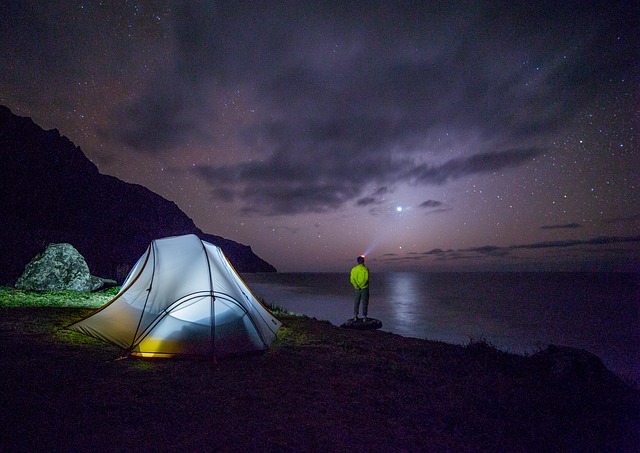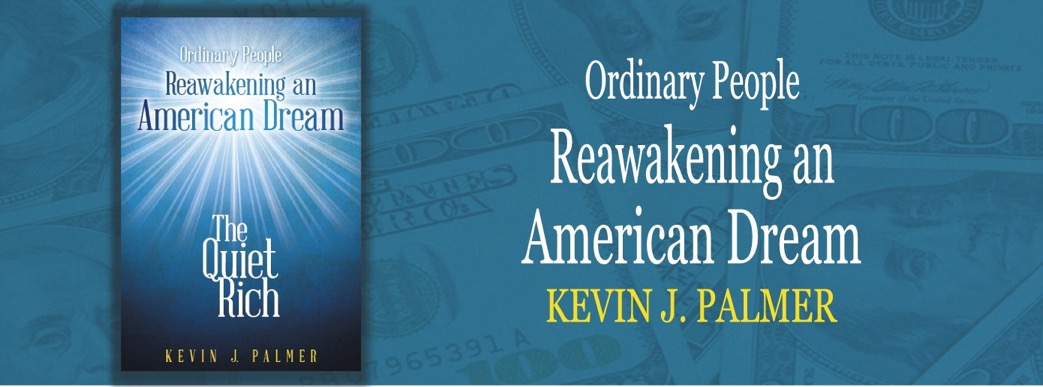
My conversation continues with Thomas Seekins, a lone traveler, while we are on an archaeological dig in 2011.
Open to his next adventure being better than his last one, Tom walked into a bar in downtown Jasper and, within an hour, stepped into his next job.
“I went to this local Indian bar to meet a friend. It wasn’t the cleanest place, but the guys there were a lot of fun. I’d had a couple of beers and one of them asked, ‘You want a job for the summer? Go to the dock on Nancy Lake and ask for Bill. He’ll fly you into my fishing camp, and you can work for me.’ The camp was located on tiny island on a lake 250 miles northeast of Winnipeg.”
“Thomas, most people don’t experience that much luck.”
He winced when I said that. “Luck? It’s not luck; it’s seeing opportunity. If you look at your own life, you’ll probably find a few experiences like this yourself!”
He was right, but I was more interested in his story. So I continued to absorb what came next. Two days later, he hitchhiked to the lake. In those days, roads in that area were mostly dirt, making the prospects of hitching a ride remote. But eventually, out of a cloud of smoke from a passing tractor-trailer appeared an old pickup truck that swerved to a stop for Thomas. It marked the start of a hitching journey that included a cast of characters and a variety of vehicles.
The road ahead was uncertain, the risk of failure was high, and Thomas’s safety was tentative. But fear was not an option—not because he lacked it but because he knew how to manage it by digging deep within to tap into his courage. Then he said something that really resonated with me: “No one lives without fear; all great warriors experience it but overcome it by accessing their courage.”
After four days of driving on dusty back roads, Thomas arrived at his destination. He walked right to the dock to find Bill. “I had to find this total stranger who I knew was waiting for help to open his camp. I had no idea what the conditions would be, but I put my life in his hands. Not many people get the chance to do that. Together, we flew north to the fishing camp in a single-engine Cessna with homemade pontoons. When we landed, the camp was deserted.
“Bill and I opened the camp ourselves,” Thomas recalled. “We got the generator going, hooked up all the plumbing, and took the plywood off the windows. Other workers arrived each daily, and within a week, we were ready to host wealthy American fishermen.”
Over the next eight weeks, Thomas worked as a guide experiencing the outdoors. He took guests fishing, polished boats, and hauled luggage, tents, and sleeping bags. “We cooked their meals and did everything for them,” he said. “And to make things more difficult, the guides weren’t allowed to sleep in the tents. While the guests slept inside, the guides had to sleep outdoors.”
As the sun painted the desert early evening orange, the dinner bell rang. Our group was served a communal meal on picnic tables at the dig site. Thomas sat next to me, and I needed to hear more. “You must have loved that fishing camp experience,” I said, my curiosity piqued. “What happened next?”
“The season came to an end in late September, and I stayed to close down the camp. One of the guests had offered me an opportunity to work in Panama during the off-season. So it was back down that dusty road again with my thumb and backpack. I had no idea who I really was or where I was going at this point.
“With perfect timing, the weather turned cold, and I set off to hitchhike to Central America. On the way through Medicine Hat, it started snowing—hard. I had gotten a ride with a hunter who was going all the way to Jasper, so I decided to stay warm and take the familiar detour with him.”
Thomas talked throughout dinner about how the area around Jasper resonated with his soul. Jasper had been a fur-trading outpost established in 1813. It was accessible from Edmonton, the capital of Alberta, and close to the scenic Icefields Parkway that connected it to Banff. It sounded to me like its natural, rustic beauty mirrored Thomas’s soul—a diamond in the rough that linked his spirit and personality. Located in Athabasca River Valley at the confluence with the Miette River, Jasper became the site of confluence of his heart, soul, and mind—and the place he’d become successful in obtaining riches far greater than those earned by the legendary fur trade.
“When we came to the motel north of the city near Pyramid Lake, it was snowing hard, and I had my choice of any room in the place. The next day, after the snow had stopped, I woke, put on my coat, and stepped outside to see trees covered in thick, white snow that looked as if it had moved in as a permanent resident. The tranquility of the landscape was punctuated by the smell of frying bacon. I followed my nose to the kitchen. There, I met the driver, the motel owner, and two women—one middle-aged and white, the other older and darker with a big round face framing her hearty smile. By that evening, I had once again agreed to do odd jobs in exchange for a room. At the end of the winter season, I had also become the front-desk clerk.”
“So that was your winter job? Didn’t you feel a little off track?”
“No. Here I was at this little motel in the middle of nowhere fully enjoying my work. I always did my best to make the guests feel comfortable,” Thomas told me. “You know, I felt as if I owned the place.”
His time there brought him greater satisfaction than he’d ever dreamed of. For the first time in his life, he moved in harmony with his spirit. He felt the snowstorm had been a miracle because only a stone’s throw from the tiny motel was Pyramid Lake, where many well-to-do tourists visited fine resorts. Thomas’s reputation grew in proportion to the influx of summer visitors. He worked through the summer into late fall.
One November day, a man who owed the shuttle service that transported tourists to and from the lake resorts offered Tom a job that made him leave the motel, but he said that in taking it, he knew he would have even greater happiness. Knowing he would meet more people and have freedom to roam a larger terrain, he started driving again.
Read the complete success story in the book, The Quiet Rich: Ordinary People Reawakening an American Dream.
Kevin J. Palmer, Author
The Quiet Rich

